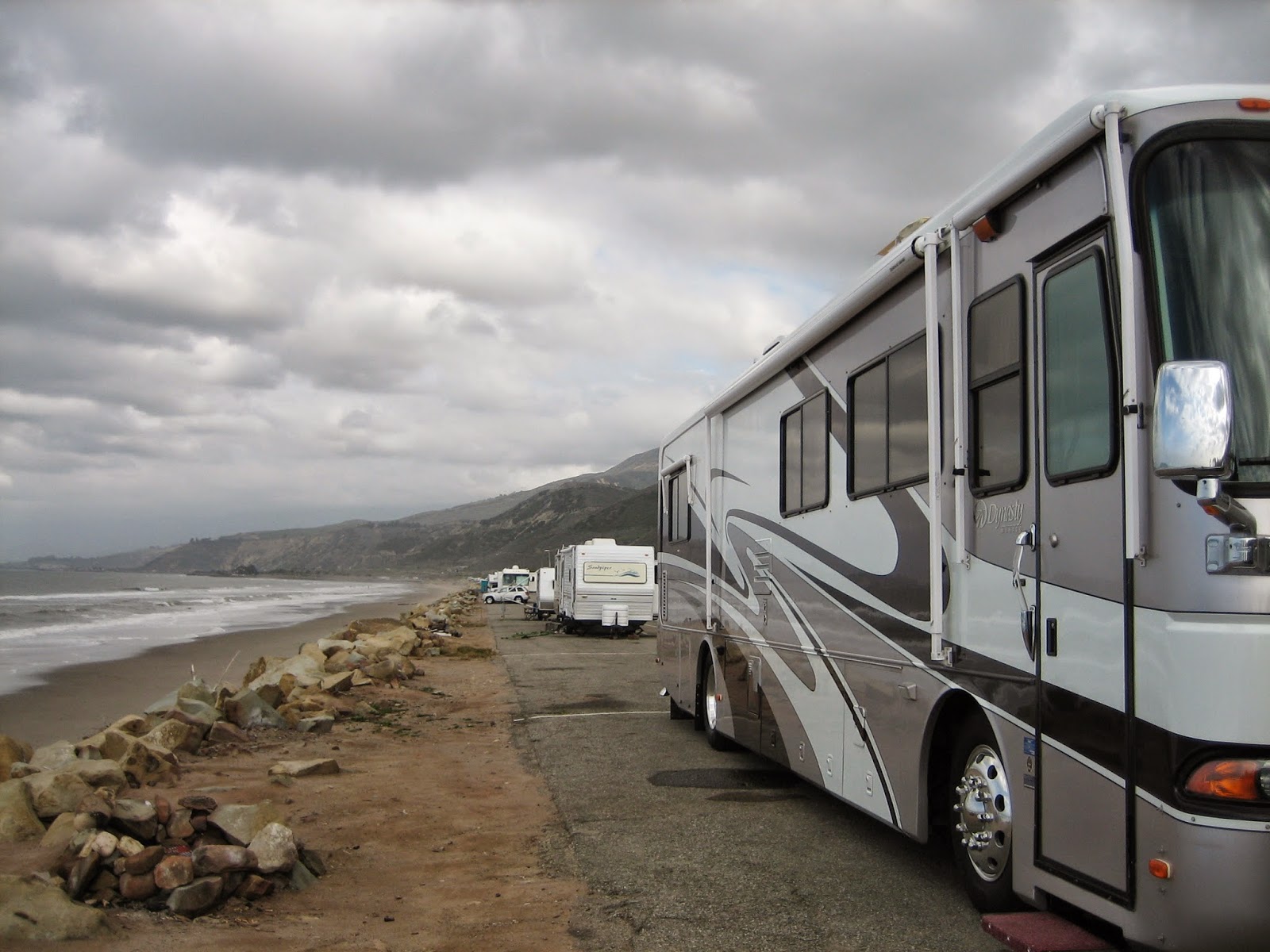A relative asked for advice on how to publish a math book he had written. I've included my answers below in the hope it might help other aspiring writers.
I would strongly suggest traditional
publishing for a math book. You are correct that traditional publisher have
access to the proper sales channels. In fact, academia seldom buys
self-published books, so traditional publishing is your best, and possibly
only, option.
Many people
say you must have an agent to traditionally publish. This is true for fiction
and popular nonfiction, but not always required for specialized nonfiction.
Some publishers accept non-agented manuscripts. My suggestion is to seek
an agent and a publisher simultaneously. To find out how to do this, spend a
few hours in a library with Jeff Herman's Guide to Book Publishers, Editors and Literary Agents. Read the
articles about how to write query letters, book proposals, select an
agent/publisher, etc.
Here are a couple
of publishing clichés that became clichés because they are often true:
Fiction is published based on the author’s platform, and published nonfiction is based on the author's credentials.
Nonfiction
is sold with a book proposal; novels are sold as a complete manuscript.
This means you
should stress your math credentials in your query letter and book proposal.
Book proposal formats vary, but they all include a sample chapter, Table of
Contents, a section on the author, and a section on the target market.
Don’t worry
about a publisher stealing your concepts. Also, if the agent you query is
listed in Herman’s book, you don’t need to be concerned about him or her
stealing your ideas either. You will need to use your judgment with friends and
colleagues.
All of this
means you should not wait until your book is complete to your satisfaction. Hone one chapter until it
is as good as you can make it and include the other sections required in
a book proposal. Then send query letters out to publishers and agents
simultaneously. Don’t send a proposal or manuscript unless you get a positive
response from a query because it will just end up in a slush pile destined to
be read by an intern … someday … perhaps. If you use this approach, you will
have plenty of time to complete the entire book to your satisfaction. In fact,
publishers assume nonfiction books are not complete at the time of contract signing.
A standard clause is a book delivery schedule.
Which brings
us to terms and conditions. The sad truth is that unless you are famous or have
committed a high-profile felony, you have little influence over the T&Cs, which
include royalties. This is true if you negotiate the contract yourself or have
an agent negotiate it on your behalf. These contracts are boilerplate for the
most part. The agent’s job is to secure the biggest advance possible. My agent also
negotiated out a first-rights clause for a second book, but he was able to get
little else. Ancillary rights are demanded by traditional publishers. Wiley
even insisted on the theatrical rights to my computer management book. (I was
thinking of a musical.)
The primary benefit of an agent is to get your manuscript
moved to the top of the pile. Agents also know the interests of different
publishers and can keep you out of cul-de-sacs. If you query publishers directly,
use Herman’s book to select publishers that specialize in your subject or
market.
Nowadays, traditional publishers are paying higher
royalties on e-books, but nowhere near the direct payments to independent
authors. Traditional publishers pay an advance, so they are concerned first with earning back the advance. Indie-authors higher royalties reflect the fact
that they receive no advance and pay publication costs.
Traditional
publishers will take care of “cleaning up a book.” Wiley assigned an editor and
3 line editors to my book. They also insisted on control over the title and
cover. It’s been many years since I published The Digital Organization, and things may have changed, but
basically the publisher calls most of the shots.




.jpg)






